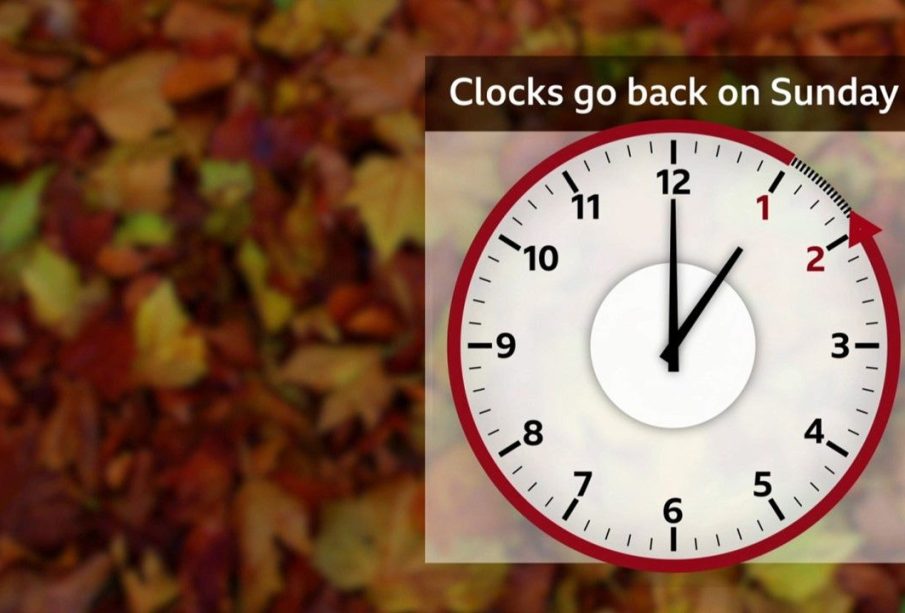Clocks Go Back: The Importance of Daylight Saving Time

The Significance of Clocks Going Back
Each year, the UK observes the practice of adjusting clocks during the changing of the seasons. With the transition from summer to winter, clocks will go back one hour on the last Sunday of October, marking the end of Daylight Saving Time. This event is essential not only for maintaining a structured time system but also for addressing energy conservation and lifestyle adjustments during the colder months.
When Does it Happen?
This year, the clocks will go back on Sunday, 29th October 2023, at 2:00 AM, reverting to 1:00 AM. The established practice of moving the clocks aims to maximise daylight during the evening hours in summer and reduce the use of artificial lighting.
The Origins of Daylight Saving Time
Daylight Saving Time was first proposed by Benjamin Franklin in 1784 as a way to make better use of daylight and save energy. However, it wasn’t until the early 20th century that the practice was widely adopted, particularly during World War I and II, to conserve fuel resources. In the UK, the current rules regarding clock adjustments were formalised under the EU directives but have evolved over time, influenced by various factors such as public opinion and energy consumption trends.
Impact on Society
The adjustment of clocks has a significant impact on various aspects of daily life. Many people report feeling tired or experiencing disruptions in their sleep patterns for several days after the change. This phenomenon, known as ‘social jetlag’, can affect productivity in workplaces and affect the general mood of the population. On the other hand, the earlier twilight encourages outdoor activities, which can be beneficial for physical health and community engagement.
Forecasts and Future Considerations
As the debate continues about the relevance of Daylight Saving Time in modern society, numerous proposals have emerged to abolish the clock changes altogether. The ongoing discussions revolve around whether the advantages outweigh the disadvantages, particularly concerning health and energy use. The UK government and various stakeholders remain engaged in dialogue to address these concerns, weighing the impact of potential legislation changes.
Conclusion
The clocks going back is a critical event that affects many aspects of daily life in the UK. While it provides additional daylight in the mornings during winter, it also poses challenges such as disruption to sleep and potential health impacts. As discussions surrounding its future continue, it remains vital for individuals to prepare for this transition to ensure a smooth adjustment.









